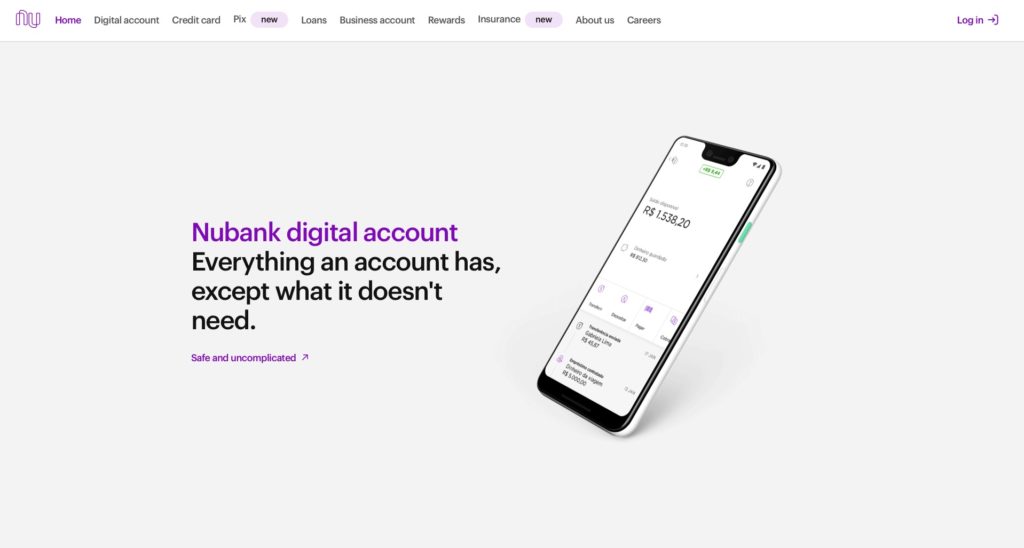
Subscription management startup Subaio landed $5.9 million (€4 million) this week. The investment comes from newly established venture firm, Global PayTech Ventures, which ex-Mastercard President Javier Perez launched after stepping down from Mastercard at the start of this year.
Founded in 2016, Subaio has received two previous funding rounds. The first came from Nordea in 2018 and the second was from startup accelerator Plug and Play last year. Both rounds were undisclosed.
“There is a massive market demand within the payments ecosystem and the team has deep technical expertise and a great product that solves a problem for banks and consumers alike,” said Perez. “That is why they have a European market leading position within the subscription management space, and we will invest both capital, our payment expertise and network of global contacts to realize the company’s full potential.”
Subaio’s value proposition fits well into today’s economy, where the average consumer has between eight and 11 subscriptions. That’s because Subaio enables banks to help their consumers view, manage, and cancel their subscriptions with one easy-to-use interface.
Eight bank clients, including Nordea, ABN AMRO, and Lunar, are currently leveraging Subaio’s subscription management technology.
Subaio CEO and Co-founder, Thomas Laursen, sees today’s funding as a vote of confidence for the technology. “The fintech sector is flush with funding,” said Laursen. “Thus, raising capital is not about how much you raise, but who you raise it from. It was imperative for us to receive a smart money investment that can propel us to the next level. Partnering up with a capacity such as Javier Perez and his team at GPT with their unique insight into the paytech industry is about getting knowledge and network into our company.”























